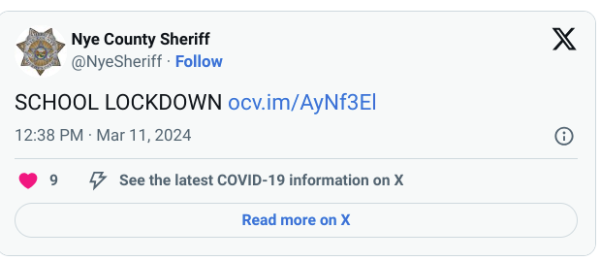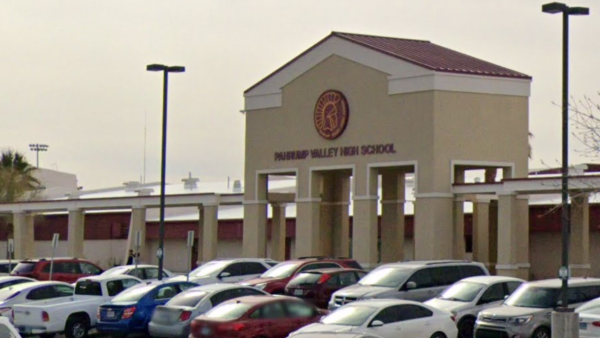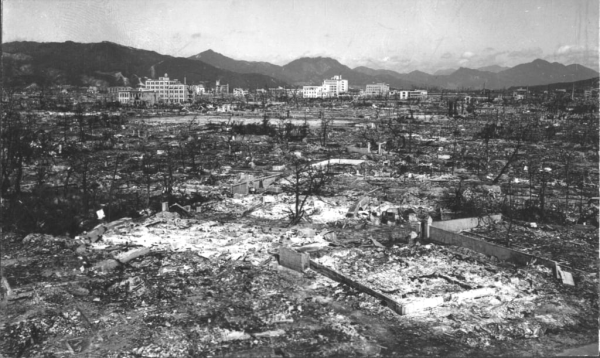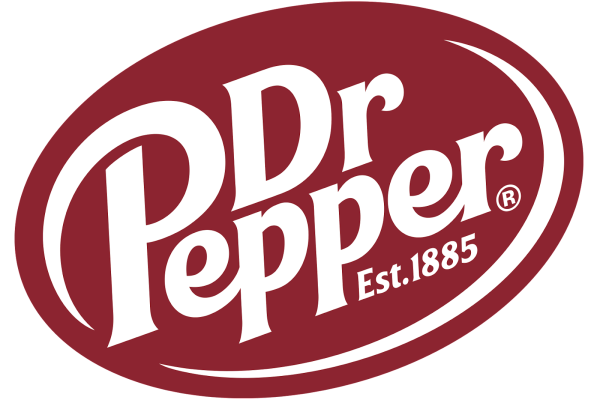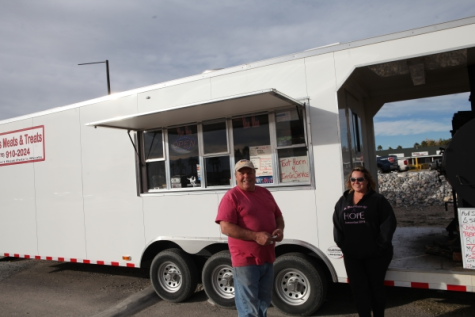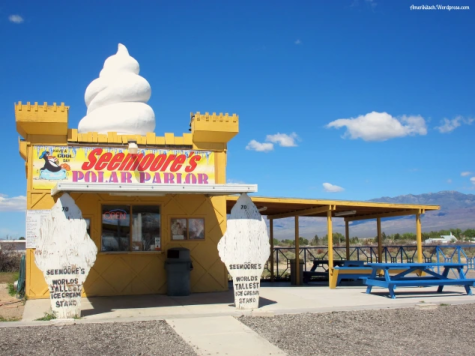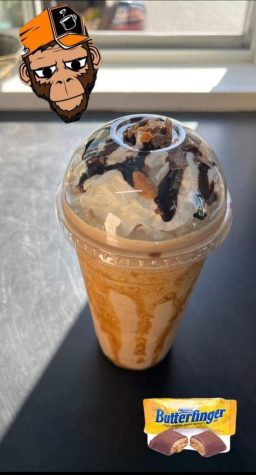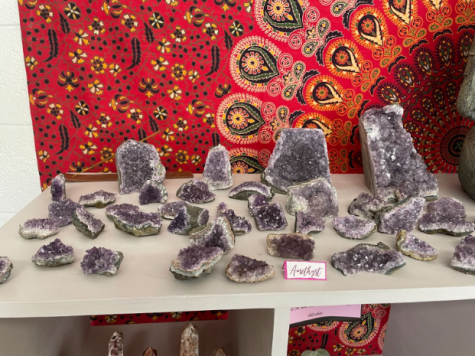We Forget
Botham Jean was shot one month ago in Dallas. Do you remember?
October 4, 2018
Dallas. 10pm. An off-duty police officer walks into her apartment, door ajar. A shadowy figure stands in her living room. She calls out. No answer.
Two shots ring out in the night. Officer Amber Guyger shot and killed Botham Jean in his own home.
This tragedy of a night has reached the national news, which is probably the worst thing that could have happened for Officer Guyger’s career, but more importantly, there is now controversy about a man who’s been shot in his own home.
The important part of this case, however, is not the victim. His death was a tragedy, but without a public to care, his death means nothing. This is a rallying cry.

These stories become the advertisement of the month. Nike’s endorsement of Colin Kaepernick, the Unite the Right 2 rally, and the 2018 candidates who endorse a white nationalist lifestyle are all evident of race relations that are approaching a rancorous downfall.
Botham Jean is just the latest paragraph in a school textbook on racial tension in 21st century America. This is due to the fact that Americans forget.
We, as a people, forget and don’t care.
Constant reminders with headlines that grow more and more drastic are the way news has forced us to connect, if we choose to do so at all.
We need to care more. We can’t have this cycle where a story becomes trending on twitter, the public takes sides, companies find out which one would sell more, and then they market the hell out of whichever group are deemed morally just.
If you don’t think that’s true, look at the Nike endorsement of Kaepernick. It wasn’t until they were sure that his movement to promote a world in which African Americans were treated with the same respect as whites by police was going to be on the good side of history that he was found marketable.
The same thing happened with marketing to non-Christian denominations during Christmas.
During the 2000s, seasonal marketing was extended to other religions during the winter. This of course faced the same controversy that Kaepernick is facing today, from many of the same sources.
On the so-called “War on Christmas,” Bill O’Reilly (who also coined that term) said “if you can get religion out, then you can pass secular progressive programs, like legalization of narcotics, euthanasia, abortion at will, gay marriage.”
His conservative viewpoint is very pro-Christmas, in short.
On Kaepernick, he used the opportunity to promote his new book while also putting him in what he called a “basket of deplorables.”
It shouldn’t be favorable to practice this type of advertising.
Everything product seems to be vying on these social issues to sell, but we still somehow forget them. It’s a weird cycle. However, several social issues do stand the test of time.
Probably the largest event that occured during many of our lifetimes is 9/11. We are told to never forget an event that our consciousness weren’t developed for. It sparked a war on terror. And Americans haven’t forgotten. Why?
The large possibility is that the attack was on American soil. But Flint was on American soil, and we’ve forgotten that.
Of course, it was terrorism, but so was the shooting at Stoneman Douglas High. We’ve forgotten that.
Maybe it was because it resulted in troops being landed. But we are in a war in Yemen and we forgot or never learned in the first place.
There’s no reason to remember 9/11 anymore. From now its sensationalist propaganda for misguided hate. But it’s always been that way.
Not only has it been remorsed for so long, companies have also profited from the merchandise created from the tragedy.
It’s a cycle.
Hate happens. That hate turns into a social media trend. Christmas is argued about. Nestle gets in on it to promote their seasonal drink. Sales increase. There’s a factory in Dallas packaging Hot Cocoa.
15 miles away, two shots ring out. Botham Jean was shot in his own home.
We forgot.
